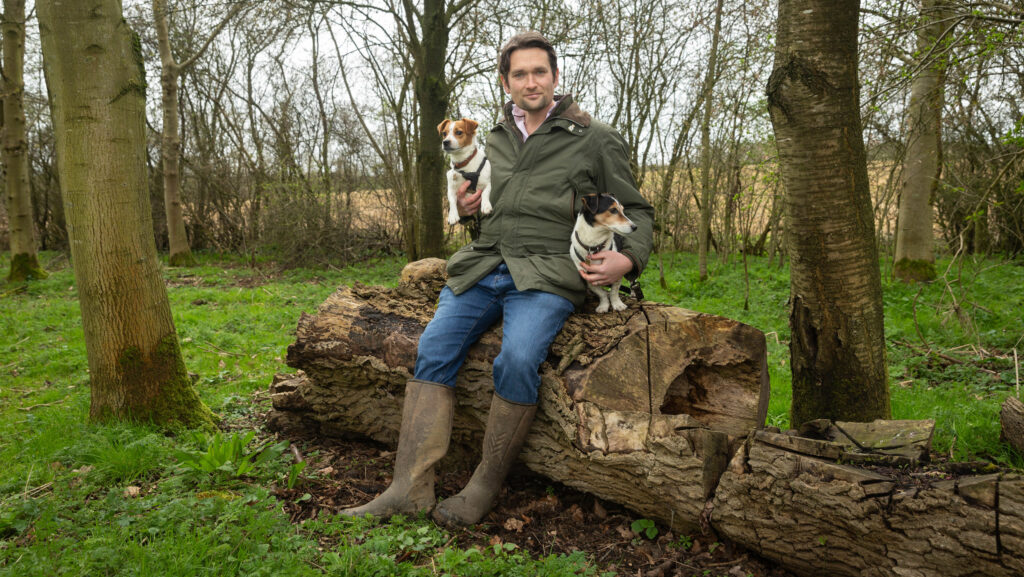Opinion: A sustainable future will soon slip beyond our grasp
 © Tim Scrivener
© Tim Scrivener In the aftermath of the sinking of Titanic in April 1912, the Board of Trade report into the disaster returned one key recommendation: that ships should henceforth carry sufficient lifeboat capacity for everyone aboard.
Titanic had had boats for a mere half.
“No s**t, Sherlock”, we might think, looking back today.
See also: Opinion – farmer exceptionalism is a dangerous belief
But – remarkably – the status of lifeboat provision on Titanic wasn’t due to hubris around her unsinkability, but because there was no legal requirement to have more, and until the disaster it never occurred that such a situation might prove problematic. History, of course, is replete with such examples.
Looming crisis
It feels as if we are standing at such a historic inflection point today, a looming crisis from which lessons will be learned and future generations will look back and wonder how we ever let it come to pass, so obvious were the implications of our apathy.
For years, I have been among good company in these pages, warning of the risks to our national food security resulting from – at best – government neglect of the agricultural sector and – at worst – its active connivance in running it down.
A vague sense, based in history, that the degradation of our ability to feed ourselves might one day be problematic has now been replaced by the clear and present danger of a changed world order in which the echoes of the 1930s could not be more profound.
But this neglect has another implication for the ages: that of our environmental security.
We have legally binding targets to meet nature and climate goals and bequeath a liveable planet to our children.
Environmental security
And yet this government could not be doing more to harm the very industry which its own advisers point to as the main stakeholder in this endeavour – from the imposition of inheritance tax to the suspension of the Sustainable Farming Incentive; and from the omni-crisis of the six-monthly funding cycle to the undercutting of farmers’ role in nature markets by the new Planning and Infrastructure Bill.
If government does not change course, this will be remembered as the point at which our nation’s ambitions to embrace a sustainable future slipped from our grasp for want of the political humility to engage in good faith.
I’m not blind to the realpolitik of our situation: just as in the 1930s the public wasn’t interested in the costs of rearming for another war, today they aren’t interested in the costs of fighting our nature and climate crises, or in paying more for their food.
Money is tight and, of course, the NHS, education, defence are all important.
And yet, money and political will can always be found when crisis strikes, at which point belated action acquires a hefty price premium. History teaches us that, too.
Foresight
Sometimes, foresight has occurred. In 1936-37, the government commissioned extensive reporting into the potential for stockpiling, rationing and increasing the domestic production of food.
This forward planning proved critical when conflict again washed against these shores only a few years later. Today, ministers can’t pretend they haven’t been warned of the dangers we face.
So this is my plea to government: engage with farmers in good faith. Extend a hand in partnership, and together we will deliver for the people of this country.
Food. Nature. Air. Water. Climate. Let’s achieve that rarest of things: a historical precedent of which to be proud.

